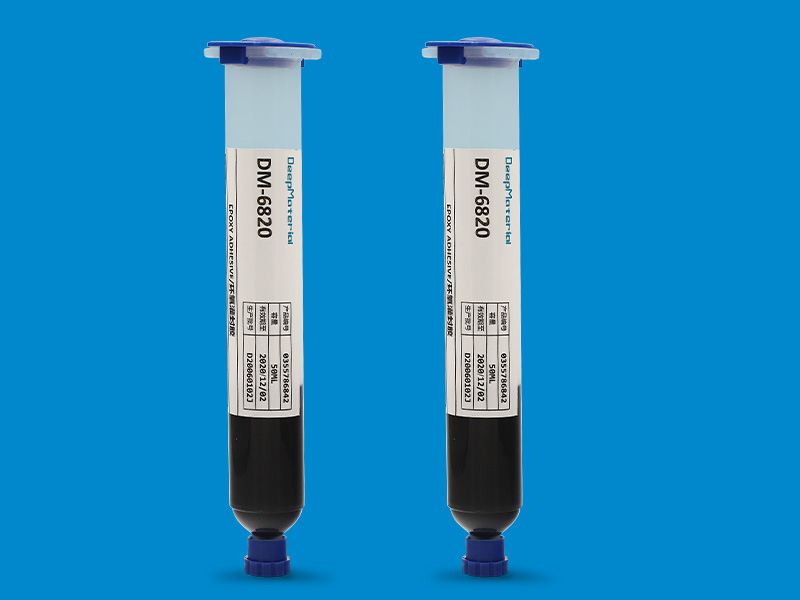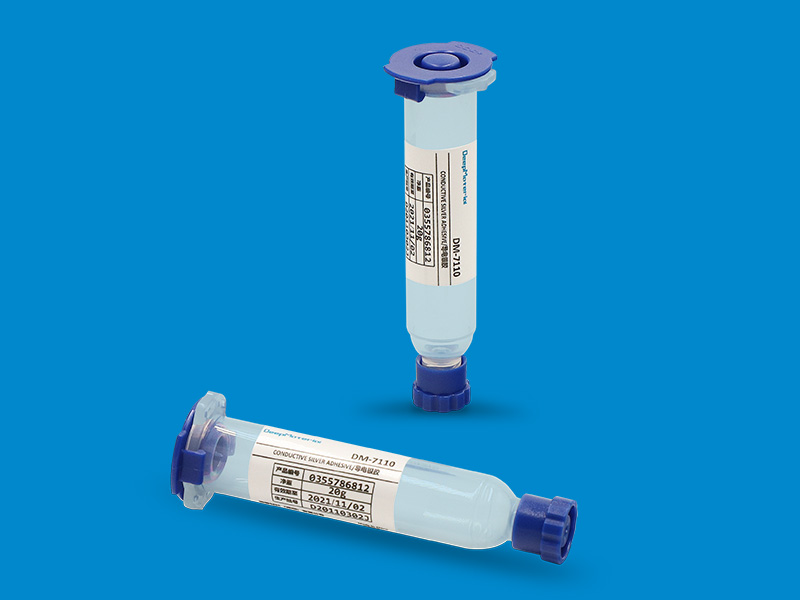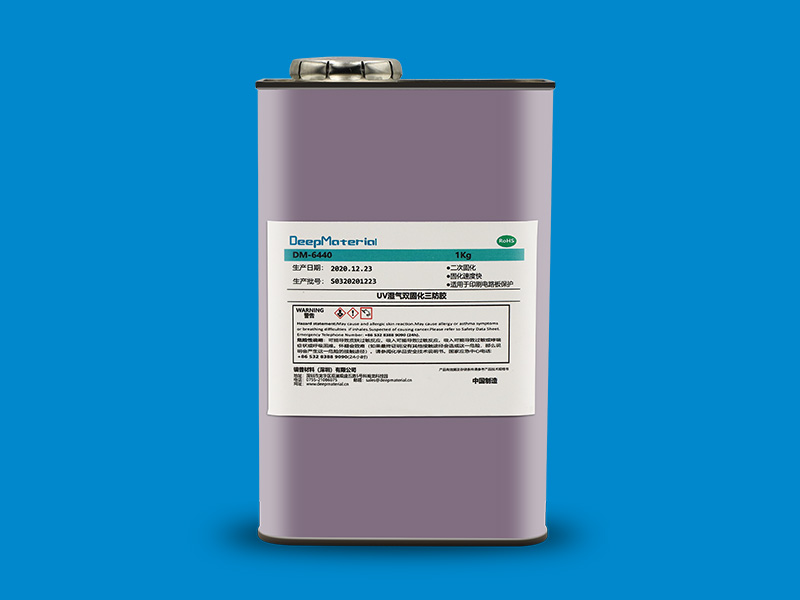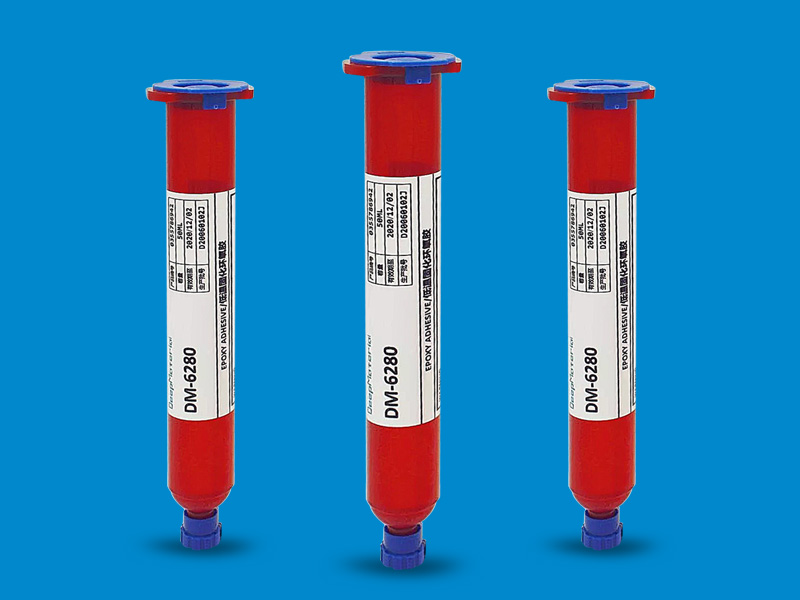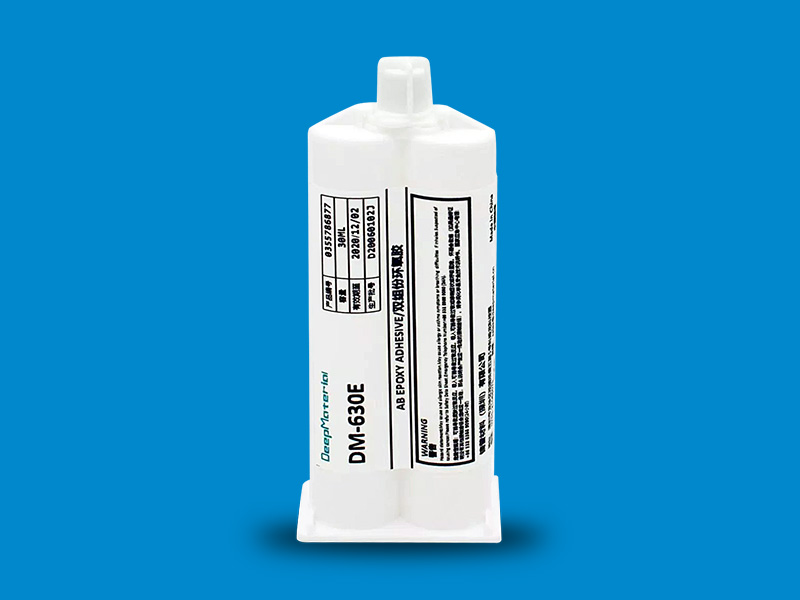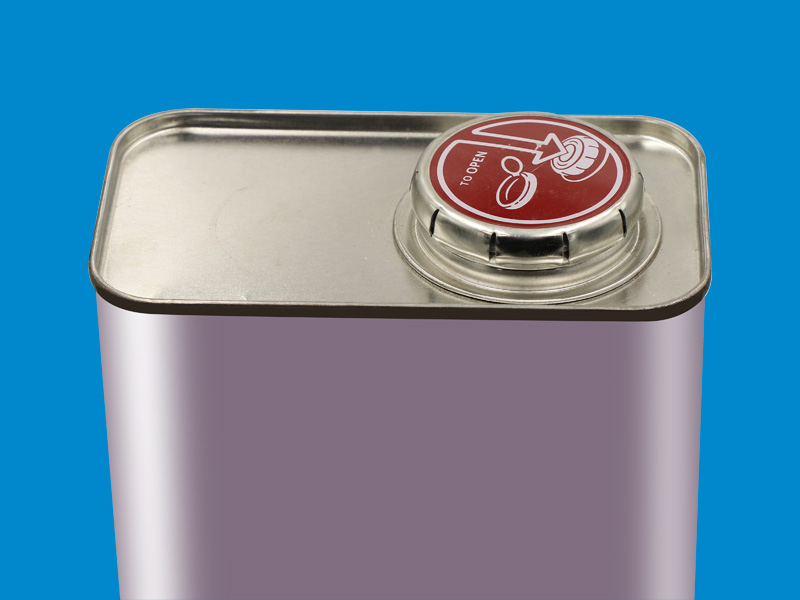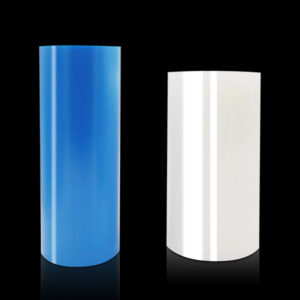How To Correctly Use Silicone Glue For Electronics
How To Correctly Use Silicone Glue For Electronics
Silicone adhesives have become the go to solution for gluing items in many industries. Their elastic nature makes them more preferred than some other adhesive options. They offer excellent high heat resistance and unparalleled flexibility. These properties make them suitable for a number of applications across many industries.
Some of the industries where silicone glue is used are in construction, aerospace, automotive, electronic, and electrical.
Are you here to find out accurate information about silicone glue for electronics? Do you want to know if silicone adhesives are proper for electronics? All those questions and many more will be answered in this post.

Is Silicone Glue Okay for Electronics?
In the introduction, it was clearly stated that the electronics industry is one of many industries where silicone glues are duly appreciated. Silicone glues are often used in such industries because of their distinguished properties.
It is safe to conclude that you can use silicone adhesives for your electronics applications. It’ll also interest you to note that silicone glues are of various types, with all of them offering different advantages.
In the subsequent sections, we will discuss those attributes that put silicone adhesives on a higher pedestal over its counterparts. Or better still, we will get to learn why they are considered to be in a class of their own.
Resistant to High Temperatures
Electronic components are fond of dissipating heat energy when they are functioning. That is almost inevitable because that is how they are designed to function. How much heat energy is released will depend on the chemistry of the electronic component.
Therefore, one way to ensure the safety of electronic components on circuit boards is by using glues with high resistant property. Thankfully, silicone glue is one of such options.
Silicone glues can produce bonds that will be resistant to high temperatures. As a matter of fact, it can withstand temperatures of up to six hundred Fahrenheits. You will agree with me that that is a lot of heat. The bond formed can survive almost any reasonable amount of heat if that is the case.
Flexibility
One of the attributes that makes silicone adhesive solutions unique compared to other glues is its flexibility. Silicone glue for electronics is highly flexible. That is how its structure is designed to work. With its flexible nature, the bond is able to retain its original shape and form even after being subjected to stressful conditions.
This flexible nature is also responsible for silicone glue’s ability to withstand high temperatures.
Resistant to Chemicals
Anything is possible when using electronics device, including chemicals colliding with the circuit board. An electronic circuit board can also have contact with the atmosphere.
Chemicals and gases in the air can ruin bonds and electronic components on PCBs. So, that is one huge advantage for using silicone glue for electronics. They are resistant to chemicals, water, and other solvents.
Silicone adhesive bonds can be used conveniently in almost every environment, including highly humid regions. Being able to use such bonds in any place and environment will impact positively on the circuit’s performance.
Can Cure at Room Temperature
Curing is an important aspect of any adhesive solution. Before you set out to buy any adhesive, try to know how long it takes to cure.
Silicone glue is perfect for electronic applications because it does not take long to cure. It does not only cure on short notice, but can also cure at room temperature. The latter is of utmost importance because electronic components are vulnerable to high temperatures.
Combine the ability to cure at room temperature and quick curing, and silicone glues will stand out as one of the best choices for electronics applications.
Conductive and Insulative
Being able to conduct electricity, silicone can be used to connect different electronics component on a circuit board. This is why it is considered a top choice in the electrical and electronics industries.
Unlike other adhesive materials, silicone can also be used for insulation purposes when the right dielectric strength is applied.
Convenience
There are lots of silicone adhesive systems that are easy to use. For instance, 2 parts adhesive solutions are to be mixed properly in specific proportions before you can use them. If the mixing is done incorrectly, then that can affect the quality of the bond formed.
Single component solutions do not require any mixing before using. Instead, you just go ahead and apply them on the surface of the substrate. Such single component systems can be used by almost anyone because no form of mixing is required.
Used as Sealants
Silicone adhesive solutions are on the radar of many electronic companies because of their extra benefits. One of the extra benefits you get for using silicone adhesives is its ability to serve as sealants.
They are often used as sealants in sensors and cables. This is mostly common in some electronics and electrical appliances.
So, if you ever have any need for sealing any electrical or electronic components, just know that silicone adhesive passes a good choice. This will also help you save cost since you will be using the silicone glue for electronics to bond and to seal.
Suitable for Many Applications
Silicone adhesives are fantastic for many applications. Like we stressed in the opening parts of this post, they are currently being used across several industries. They are not only used in the electronics industry.
That way, you do not have to bother about getting a different adhesive solution for other applications you may be working on. You can use silicone glue for electronics for other projects as well.
For example, in the transportation industry, silicone adhesive can function as sealants for engines and gaskets.

Final Words
Silicone is a good choice for an adhesive glue as far as electronics is concerned. Amongst other reasons, silicone is preferred to some other adhesive solutions due to its versatility and reliability. Silicone glue for electronics is the right way to go for electronic applications.
For more about how to correctly use silicone glue for electronics,you can pay a visit to DeepMaterial at https://www.electronicadhesive.com/ for more info.



